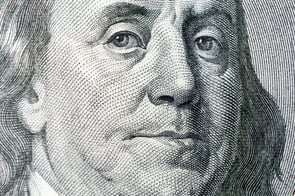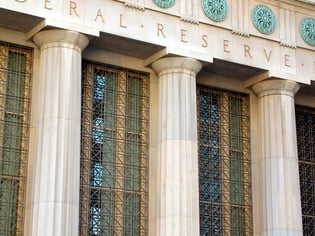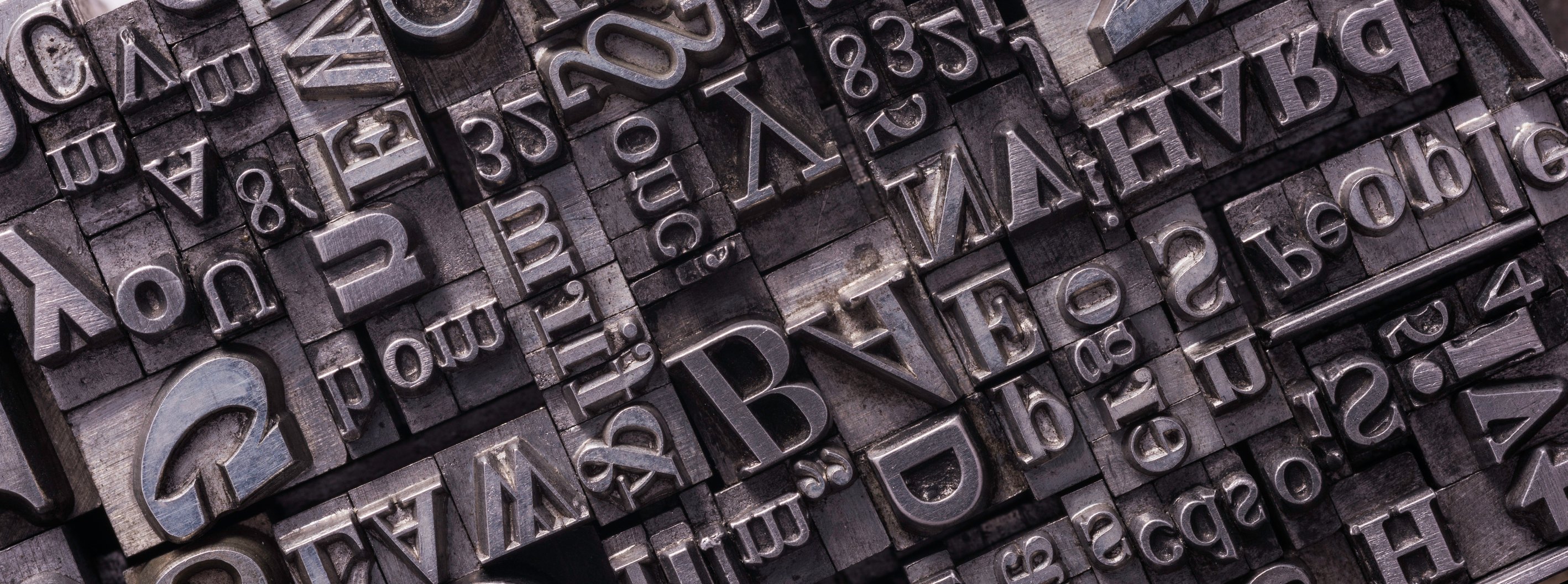 Americans love figures of speech and proverbs, especially those expressing a level of wisdom assumed by the speaker. Some people say “shoulda coulda woulda” while others believe “almost only counts in horseshoes and hand grenades."
Americans love figures of speech and proverbs, especially those expressing a level of wisdom assumed by the speaker. Some people say “shoulda coulda woulda” while others believe “almost only counts in horseshoes and hand grenades."
“Good night and good luck” was introduced by Londoners bidding farewell the night before 1940 Luftwaffe bombing raids, and later assimilated by American radio legend Edward R. Murrow. That sense of finality, however, was best captured by Benjamin Franklin: “In this world, nothing can be said to be certain except death and taxes.”
 Fast forward to the 21st century where paper checks defy finality because it is impossible to predict when they will be good at any point in time.
Fast forward to the 21st century where paper checks defy finality because it is impossible to predict when they will be good at any point in time.
Checks can be returned unpaid as a result of insufficient funds, closed accounts or a variety of technical issues (see our Fake Check Challenge), and the only surefire way of receiving funds is to present them at the bank they were drawn upon. Thus, the question is not "How do I prevent returned checks?" but rather, "How do I deal with them after they are returned?"
How big of a problem is returned checks?
According to the most recent Federal Reserve Payments Study, 64 million checks were returned unpaid in 2012 with an average value of $1,222 per check. Those figures represent considerable lost revenue for checks going uncollected.
There are few winners in the world of returned checks. Transitioning to debt-collections is awkward for most business owners; DIY debt collecting is often unsuccessful; and businesses could be in hot water if they fail to comply with federal or state collections laws. Furthermore, business owners stand to lose the patronage of the bad check writer if they or professional collectors don't handle the situation carefully.
Why should merchants accept checks?
Payment options are plentiful today, but according to the Federal Reserve study, checks are “used for larger-value consumer bill payments and payroll transactions as well as high-value business-to-business payments" while “the average value of checks paid increased from $1,103 in 2003 to $1,420 in 2012.” Accepting checks offers business owners:
 Lower Processing Fees: Banks don't charge for processing personal checks, but credit and debit cards carry interchange fees: 1 – 5% of the total purchase plus $.25 – .50 for each transaction according to All Business.
Lower Processing Fees: Banks don't charge for processing personal checks, but credit and debit cards carry interchange fees: 1 – 5% of the total purchase plus $.25 – .50 for each transaction according to All Business.
- More Security: Per the Federal Reserve study, checks are the most secure form of payment. Among the categories measured, “checks had the lowest portion of unauthorized transactions by number (3%) and by value (16%)." By comparison, “92 percent of the number and 65 percent of the value of total unauthorized transactions were made using general-purpose cards.”
- A popular payment method: Baby Boomers, who make up 44% of the population, hold 70% of disposable income and buy 49% of consumer goods. They also write checks more often than any other demographic, helping to explain why checks account for 33% of the value of all transactions in the United States — even in an era of burgeoning digital payments.
Shoulda Coulda Woulda — Excuse or fair objection?
A great way to prevent uncollected checks is to simply not accept them, but experts maintain that accepting checks can increase sales revenue.
“Each time a decision is made to not accept a check as a form of payment, a sale is potentially lost,” said Charles Dortch III, CrossCheck Senior Vice President. “In addition, the check writer may choose to take his or her business elsewhere, maybe even to a direct competitor.”
Furthermore, “Paper check writing continues to persist as a significant portion of noncash payments,” stated the Federal Reserve study.
The solution: Check Guarantee
Statistically speaking, “many have tried, but few are chosen” to prevent bad checks. If it’s impossible to prevent bad checks, then the solution lies in addressing how to deal with them. Enter CrossCheck’s Check Guarantee service, a simple and economical way for merchants to collect on returned checks and increase sales numbers by reducing loss at the point of sale.
Checks are approved in seconds via terminal, phone, or the web before being deposited at the bank. If an approved check is returned from the bank unpaid, it can be submitted to CrossCheck for reimbursement.
Winston Churchill once said, “Success is walking from failure to failure with no loss of enthusiasm.” Don’t repeat a scenario of failure in your place of business by not having a plan to address returned checks. Learn more by downloading our free guide.



